In 2010, Mohamed Bouazizi’s act of self-immolation in Tunisia sparked the Arab Spring, a wave of protests across the Middle East against corruption and oppression.
Now, in Kenya, the killing of Albert Ojwang has become a rallying cry for justice and an East African Spring.
The call to action resonates with many in the region, urging them to rise against systemic injustices..
The Arab Spring was a series of uprisings that spread throughout the Arab world, leading to the downfall of long-standing authoritarian regimes.
Bouazizi’s self-immolation, in response to police harassment and corruption, symbolized the deep-rooted frustrations of many in the region.
Similarly, Ojwang’s killing in Kenya has galvanized citizens who are tired of political impunity and lack of accountability..
In Kenya and East Africa, the need for change is palpable.
The region has grappled with issues of corruption, political violence, and human rights abuses for years.
Ojwang’s death has become a symbol of these broader societal challenges, pushing many to demand a more just and equitable society.
The momentum for change is building, with calls for transparency and accountability growing louder..
The implications of Ojwang’s killing and the subsequent calls for an East African Spring are significant.
It highlights the power of individual acts of resistance in sparking larger movements for change.
As citizens in Kenya and across East Africa mobilize for justice, the region stands at a critical juncture, where the voices of the people have the potential to shape a more democratic and accountable future.
It is a moment of reckoning and possibility, where collective action can drive transformative change..


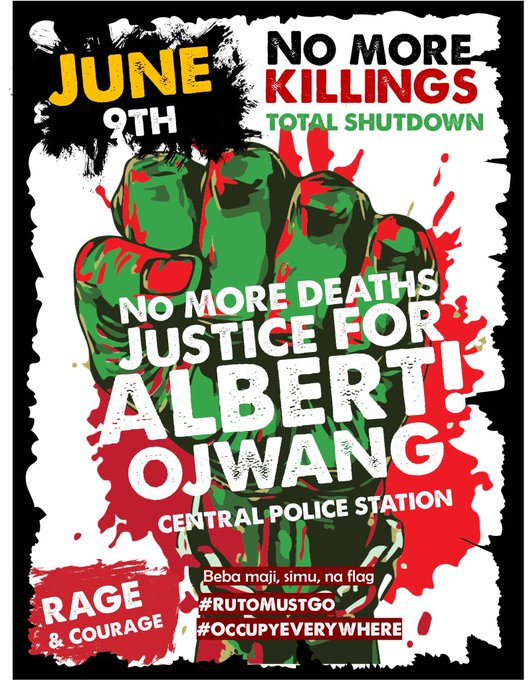
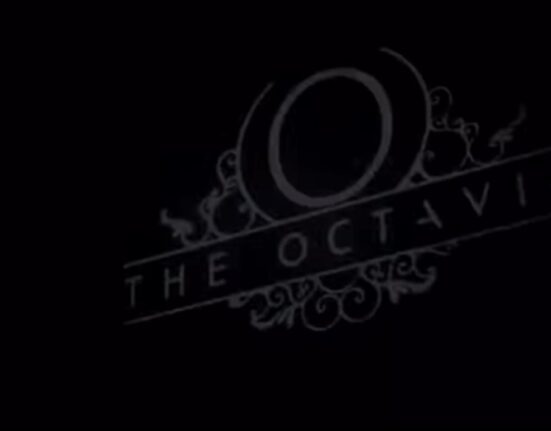
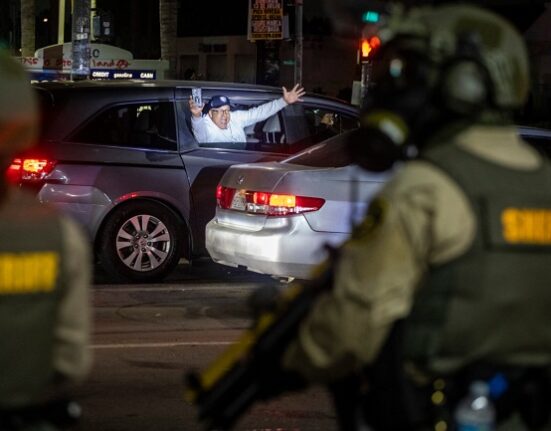

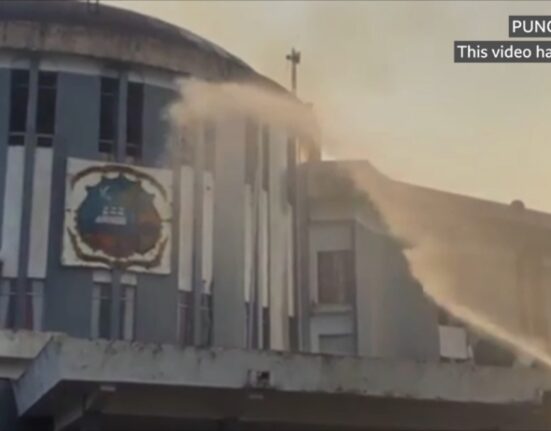
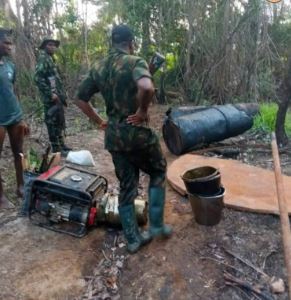

Leave feedback about this